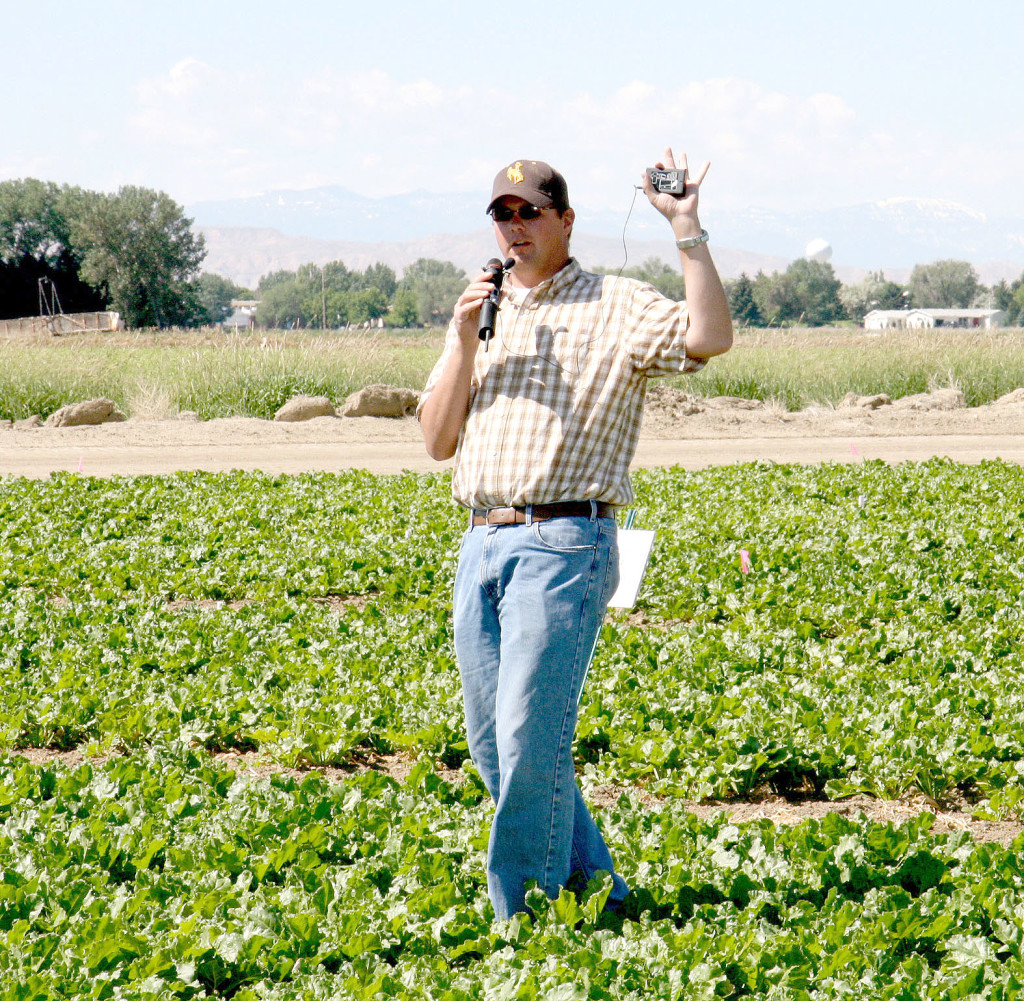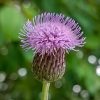 Researchers from Wyoming, Nebraska, and Montana will use kochia in a five-year study to help find a solution to weed-resistance to herbicides. Department of Plant Sciences associate professor Andrew Kniss has received a National Institute of Food and Agriculture grant to analyze methods of weed control other than herbicide.
Researchers from Wyoming, Nebraska, and Montana will use kochia in a five-year study to help find a solution to weed-resistance to herbicides. Department of Plant Sciences associate professor Andrew Kniss has received a National Institute of Food and Agriculture grant to analyze methods of weed control other than herbicide.
“Diverse crop rotations and tillage are commonly recommended for management of herbicide-resistant weeds, but there is still not that much field-based information on how successful these approaches will be,” explained Kniss. “Since tillage and crop rotation are still quite common in our region, we thought this is a great opportunity to see how these practices actually influence development of herbicide-resistant weed populations.”
He said kochia is one of the most problematic weeds in Wyoming and many other western states.
“It infests both dryland and irrigated cropping systems and is particularly troublesome in sugar beet production,” Kniss said. “It has evolved resistance to many commonly used herbicides, including dicamba, atrazine and glyphosate. So any information we can learn about managing this species could have a big economic impact.”

